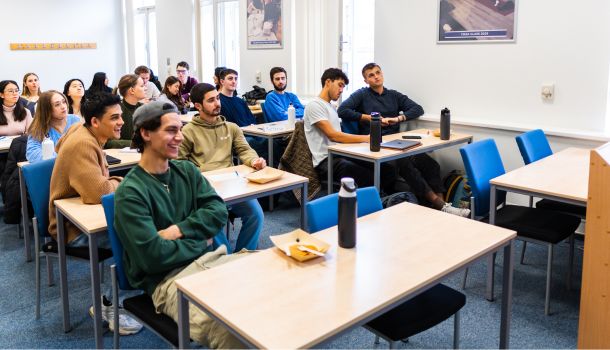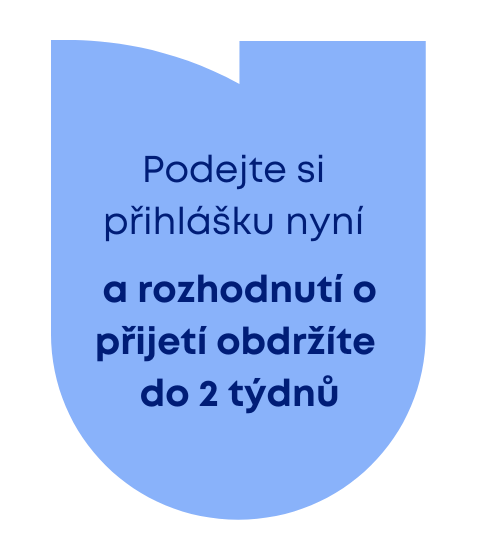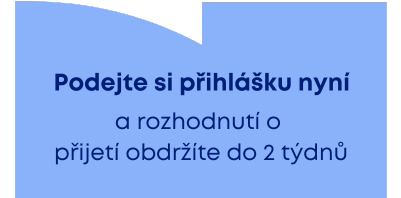The Future of Education: How AI is Revolutionizing Learning

As technology advances at an unprecedented rate, artificial intelligence (AI) is quickly becoming a transformative force in education. From personalized learning experiences to AI-powered tutors, recent research highlights how this technology is reshaping classrooms worldwide. Here’s a closer look at the latest trends and what they mean for the future of learning.
AI-Powered Personalized Learning
One of the most significant ways AI is changing education is through personalized learning. Traditional one-size-fits-all methods are increasingly being replaced by adaptive learning platforms that tailor educational content to each student’s needs. These systems use algorithms to analyze student performance and provide custom lessons, exercises, and resources based on individual progress.
Recent studies suggest that AI-based personalized learning tools can improve student engagement and learning outcomes. In a study conducted by McKinsey, students using AI-powered platforms showed an improvement in academic performance compared to traditional methods. The adaptive nature of AI allows for a more dynamic educational experience that adjusts in real-time to a student’s strengths and weaknesses.
Virtual Tutors and Assistants
AI-powered virtual tutors are becoming a valuable resource for students. Tools like Khan Academy’s AI Tutor and Socratic by Google are examples of how AI can help answer questions, provide explanations, and assist with homework in real-time. These virtual assistants are accessible 24/7, providing immediate support to students who may need help outside of classroom hours.
This shift toward AI-driven tutoring is also helping bridge the gap for students who might not have access to traditional tutoring services. According to research from EdTech Magazine, AI-powered tutors can reduce educational inequalities by providing all students, regardless of socioeconomic status, with high-quality learning assistance .
AI in Higher Education: Smart Campuses
Universities are also leveraging AI to improve the overall educational experience. „Smart campuses“ are emerging where AI helps streamline everything from administrative tasks to student services. AI chatbots, like those used by universities in the U.S. and U.K., assist students with registration, scheduling, and accessing resources like libraries and counseling.
Additionally, AI is being used in research labs to assist students and faculty with data analysis, predictive modeling, and even grading, helping to reduce the workload on professors and enabling more focus on creative and critical thinking.
Ethical Concerns and Challenges
While AI holds tremendous promise in education, it also raises concerns about data privacy, algorithmic bias, and the role of teachers. For example, AI’s reliance on data could lead to privacy issues if not managed correctly. Furthermore, there’s a risk that students from underrepresented groups could be unfairly impacted by biased algorithms.
Educational institutions are now tasked with finding a balance between embracing AI and ensuring that ethical guidelines are in place to protect students and maintain equity in learning.
The Road Ahead: Preparing for AI-Integrated Classrooms
As AI continues to evolve, so too will its impact on education. Institutions around the world are experimenting with hybrid classrooms, blending AI with traditional teaching to provide a more enriching learning environment. A report from UNESCO predicts that by 2030, AI will be a core component of education systems globally.
For students, the integration of AI in education offers exciting opportunities for personalized learning, greater accessibility, and enhanced engagement. For educators, AI presents a chance to rethink teaching strategies and focus more on nurturing critical thinking and creativity.
Kronika UNYP
Vaši e-mailovou adresu použijeme pouze pro zasílání novinek. Vaše soukromí je pro nás důležité.

Kontakty
University of New York in Prague
Londýnská 41, 120 00 Praha
IČ: 25676598
Telefon:
+420 224 221 261
E-mail: unyp@unyp.cz









